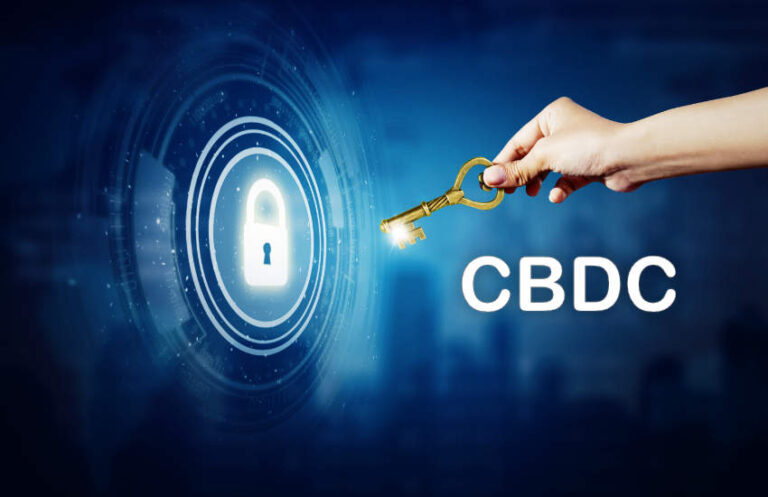
Source: www.ledgerinsights.com
Today, an op-ed in the Financial Times argues that the key challenges of a central bank digital currency (CBDC) are freedom and security. It is written by economist Tony Yates, who spent 17 years working at the Bank of England and another 24 at BNP Paribas. We would supplement Yates’ points with the need for control or self-determination, which means self-custody of any digital currency.
His short article states that “having an organ of state, the central bank, potentially having access to information about every transaction within its borders, and the ability to pry into every detail of people’s financial lives is the stuff of dystopian nightmares.” .
We would agree, but most Western central banks recognize that to encourage CBDC adoption, they have to limit central bank access to personal transactions. That’s a good thing, but who knows how it will evolve if a CBDC gets traction.
Yates’s next point hits the nail on the head: “The power of access denied to funds could have a chilling effect on internal political dissent and democracy. Externally, the desire of central banks to eliminate paper money would remove the safety net of a redundant system: cash. Imagine if a hostile power shut down a country’s CBDC, the financial system and the economy as a whole could quickly hit a brick wall.”
Today there is already a lot of power to deny access to electronic money in the form of bank accounts. The most public demonstration of this power was its use by the Canadian government last year when it blocked bank accounts in an effort to quell trucker demonstrations against the vaccine mandate.
As the Wall Street Journal put it, “the government has used emergency powers to put the nation’s financial institutions in the unusual position of using its anti-money laundering and sanctions expertise to crack down on bank customers.”
And the anti-money laundering rules are far from perfect. A few years ago, one of the largest banks in the world blocked a business account for weeks. Mine was one of hundreds of small businesses that had locked accounts. Simply because the bank messed up by implementing a new AML process. It needed more staff to process all responses in time for self-imposed account lockout deadlines.
To Yates’ point, cash provides a redundant system when everything else goes wrong. And it’s extremely difficult to get people to stop using cash.
The need to control your own money
As the world goes digital, there is no conventional digital alternative to cash. Love it or hate it, the closest thing is Bitcoin. There’s a reason a handful of seasoned payment entrepreneurs have chosen to build solutions in Bitcoin, despite its environmental issues. Examples include Jack Dorsey, founder of Twitter and Square (now Block) and David Marcus, formerly of Meta/Libra/Diem and PayPal.
However, pathways to cryptocurrency invariably require identification, so for the vast majority of people, that’s not anonymous either.
But is the real issue privacy or even anonymity?
Or is it about control?
Sure your Bitcoin transactions can be monitored because the ledger is transparent. However, if you have custody of your own Bitcoin, in theory you can transfer it to whoever you choose. A government could issue an edict not to accept transactions from certain wallets, but it won’t affect person-to-person payments.
This is one of the reasons why governments are not interested in self-custody of cryptocurrencies or CBDCs. Despite research from the MIT Digital Currency Initiative showing that self-custody control is craved by those experiencing financial exclusion.
It’s about who has the keys to your money.
Read More at www.ledgerinsights.com